Have you ever considered secretly recording inappropriate behavior or unlawful acts occurring at work but held back over uncertainty around the legal implications? While covert workplace taping raises complex issues, federal labor law offers certain protections for employees under the National Labor Relations Act (NLRA). Understanding the nuances in these laws is key. This post provides an overview of what the NLRA permits regarding employee recordings as part of “protected concerted activity” and what you should know before recording in New York and California.
When Employee Recordings Are Protected
The National Labor Relations Act (NLRA) grants private sector employees, both union and non-union, the right to engage with one another in “protected concerted activity” concerning their terms and conditions of employment. This safeguards discussions, meetings, petitions, and information-gathering efforts around workplace issues and complaints. (In essence, there is safety in numbers, such as with employment class action cases.) This protection also means employee recordings could potentially be shielded from retaliation or disciplinary threats. Key factors to prioritize when considering recording include:
- Purpose – Seeking to collect evidence of unlawful practices like harassment or safety/ethics violations makes a recording more justifiable than personal disputes.
- Dissemination Limits – Keeping distribution of recordings minimal to need-to-know parties only (such as HR, counsel, labor board, etc) shows appropriate motives versus public embarrassment goals.
- Coordination Displays – Discussing intent to record with other concerned employees beforehand further reinforces group “concertedness”.
In effect, careful advance planning around context, objectives and sharing approach best positions improper recordings to qualify as federally protected acts rather than illegal wiretapping violations.
Protections Have Limitations
However, even federal labor law protections do not permit unlimited recording rights. The NLRB maintains that employers can still restrict recordings to safeguard legitimate business interests regarding privacy, confidential data, or intellectual property. Additionally, NLRA shielding requires a link to address the terms and conditions of one’s employment. Personal disputes don’t qualify.
New York and California Privacy Protections
Each state has its own laws about when people can record conversations. If you wish to record a conversation with an employer or supervisor, it’s important to consult state laws regarding recording conversations. If you are recording a telephone or remote conversation, it’s important to consult the laws of states where both or all parties are located.
New York is a “one-party consent” state, which means that you can record conversations if you are physically in the state and are taking part in the conversation or if you have permission from one of the parties in the conversation. In other words, as long as one party to the conversation agrees–or if you are one party to the conversation–then you are permitted to record. This does not cover recordings in private areas where you are not present.
California is a “two-party consent” state. This means that all parties to a conversation must agree to record a conversation. Employees can face civil penalties or criminal charges by covertly recording a co-worker, supervisor, or anybody without consent.
However, these privacy laws regarding recording typically apply to private conversations. If a conversation or communication occurs outside the confines of a private gathering, these laws may not apply. Workplace interactions with multiple employees present or discussions in common areas may not qualify as private conversations protected under privacy laws. Such nuances matter greatly regarding legal prohibitions and acceptable evidence gathering.
Additionally, while a secret recording may be illegal, in some instances, a tape may become admissible in an investigation or legal proceedings for certain purposes, such as to “impeach” or show that someone has previously said something that contradicts their current statement.
In Summary
U.S. labor law under the NLRA expands legal protections for employees around recording workplace misconduct as part of group efforts to address organizational grievances. However, limitations exist, and most experts advise consulting qualified employment legal counsel before actually taping. Without meticulous planning, employees risk civil damages or criminal charges for improper secret recordings if not carefully coordinated from the outset as defined protected activity.
Photo by Alberto Lara
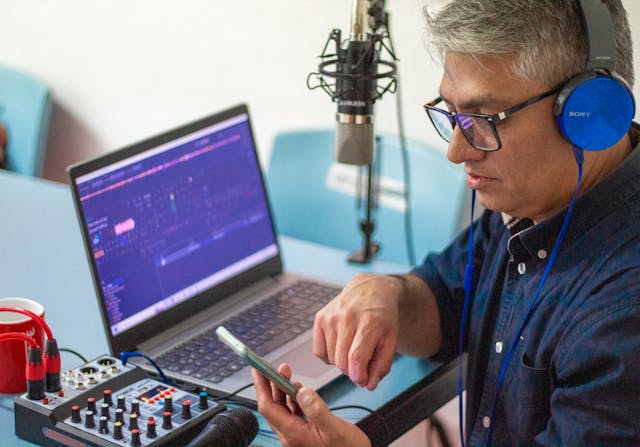
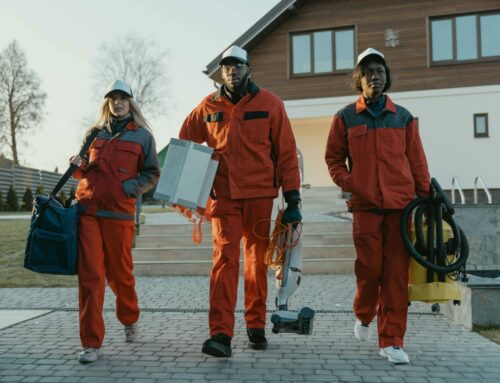


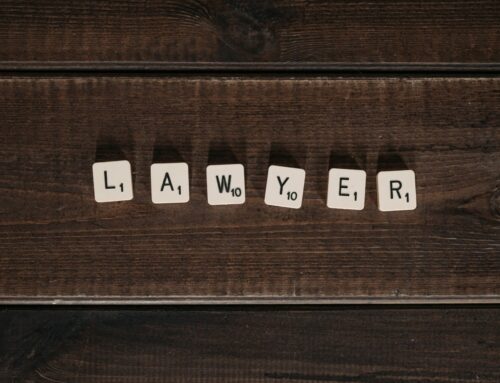
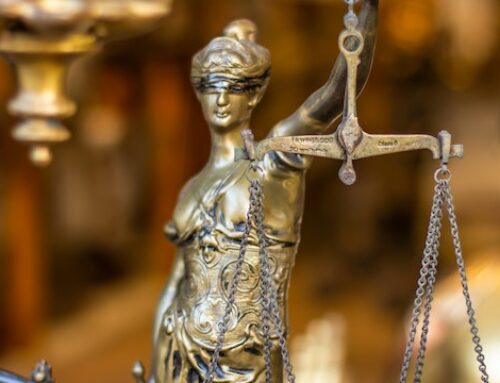


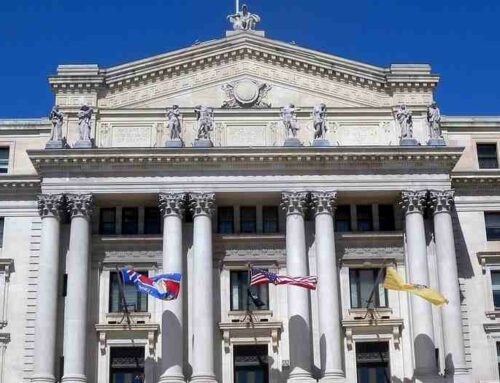


Leave A Comment